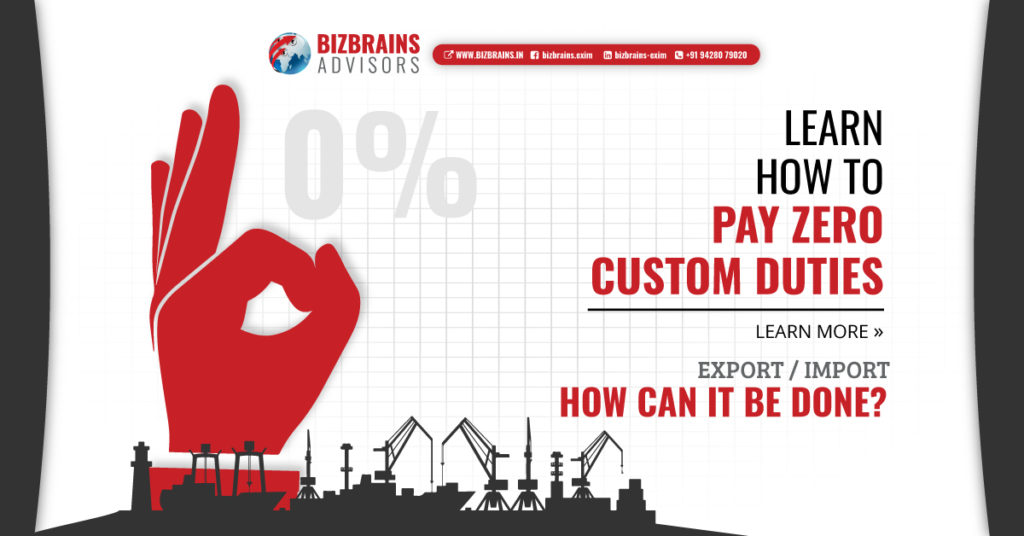
It is an undeniable fact that to outgrow in this international market it is very important for any business to offer their products/services at the most competitive prices. Any business has to strike a perfect balance -in keeping profit margins intact and at the same time offering products/services at the most competitive rates. Isn’t is like walking on the edge of a sword?
So one of the ways to offer products at competitive rates while keeping profits margins intact is lowering the cost of imported products. So how can it be done? – Answer is exploring Free Trade / Preferential Trade Agreements (FTA/PTAs) for import of products from outside India.
To avail optimum advantage of the same, let’s understand the “W”s of FTAs/PTAs.
# What are Free-Trade / Preferential Trade Agreements?
FTA/PTAs are arrangements between two or more countries or trading blocs that primarily agree to reduce or eliminate customs tariff and non-tariff barriers on substantial trade between them. FTAs, normally cover trade in goods (such as agricultural or industrial products) or trade in services (such as banking, construction, trading etc.)
# Which are the major FTAs/PTAs/CEPAs of India?
The major bilateral and regional agreements of India are:
| Sr.no | Acronym | Groupings | Member countries name | FTAs / PTAs |
|---|---|---|---|---|
| 1 | APTA | Asia Pacific Trade Agreement | Bangladesh, China, India,Republic of Korea, Sri Lanka | PTA |
| 2 | Indian ASEAN TIG | India ASEAN Trade in Goods Agreements | Brunei, Cambodia, Indonesia, Laos, Malaysia, Myanmar, Philippines, Singapore, Thailand, Vietnam and India | FTA |
| 3 | SAFTA | South Asia Free Trade Agreement | India, Pakistan, Nepal, Sri Lanka, Bangladesh, Bhutan and Maldives | FTA |
| 4 | ISLFTA | Indo Sri Lanka FTA | Sri Lanka , India | FTA |
| 5 | IMCECA | Indo Malaysia CECA | Malaysia, India | FTA |
| 6 | ISCECA | India Singapore CECA | Singapore, India | FTA |
| 7 | JICEPA | Japan India CEPA | Japan, India | FTA |
| 8 | IKCEPA | India Korea CEPA | South Korea, India | FTA |
# Why are FTAs signed between countries?
Countries negotiate Free trade Agreements for a number of reasons:
- Free trade means that countries can import and export goods without any tariff barriers or other non-tariff barriers to trade.
- Exporters prefer FTA because they get preferential treatment over non-FTA member country competitors. For example in the case of ASEAN, ASEAN has an FTA with India but not with Canada. ASEAN’s custom duty on leather shoes is 20% but under the FTA with India it reduced duties to zero. Now assuming other costs being equal, an Indian exporter, because of this duty preference, will be more competitive than a Canadian exporter of shoes. Secondly, FTAs may also protect local exporters from losing out to foreign companies that might receive preferential treatment under other FTAs.
Let’s understand the impact of FTA on import of machine falling under HS code – 847690, from South Korea by a simple example,
| Particulars | Normal Import prices | Import price under FTA |
|---|---|---|
| Assessable value of import of machinery | 1,00,00,000 | 1,00,00,000 |
| Basic Customs Duty @ 7.5% | 7,50,000 | 0 |
| Social Welfare Surcharge @ 10% | 75,000 | 0 |
| IGST @ 18% | 19,48,500 | 18,00,000 |
| Total landed cost | 1,27,73,500 | 1,18,00,000 |
| Savings | 9,73,500 |
#Recommendations for any importer
If you are importing any product from any country do not miss out on exploring the possibility to import zero or at concessional rate of customs duty under Free Trade / Preferential Trade Agreement.
#Recommendations for exporter
If you are exporting any product to any country do not miss out on exploring the possibility to export under Free Trade / Preferential Trade Agreement so that the importer in other country can import at zero or concessional rate of customs duty.
Have Questions / Need Help Optimizing Your Business?
Contact us via email / phone call, we will get back to you in short time. We provide services for Import Export Incentives, Import Export Legal Services, EXIM Training, EXIM Compliance.


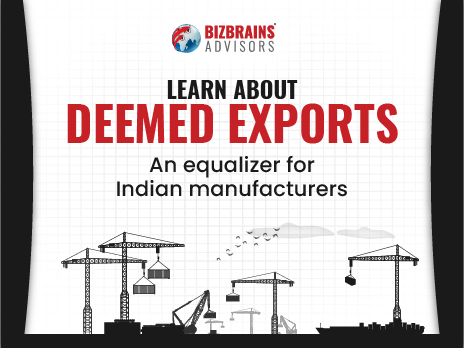
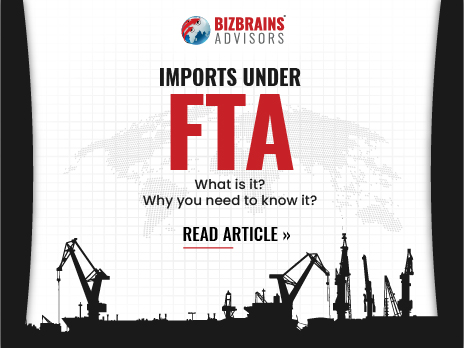
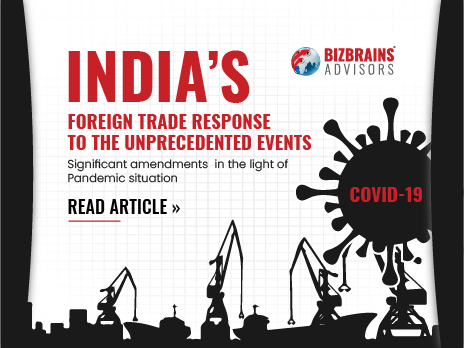
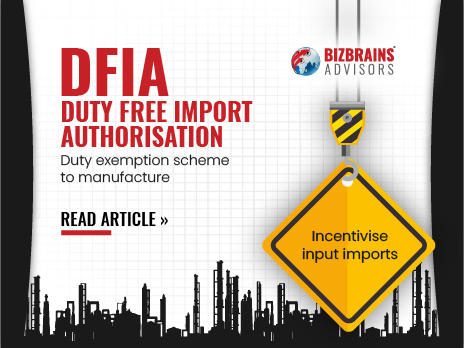
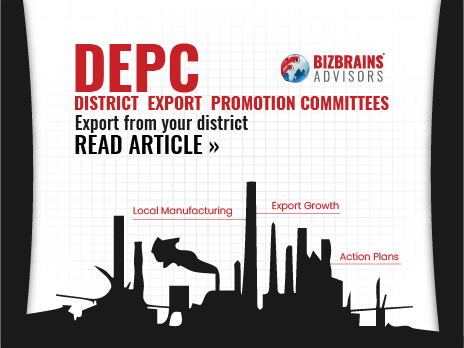
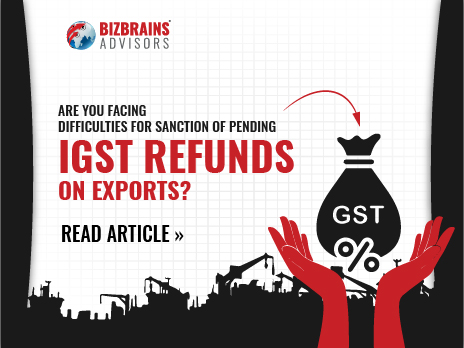

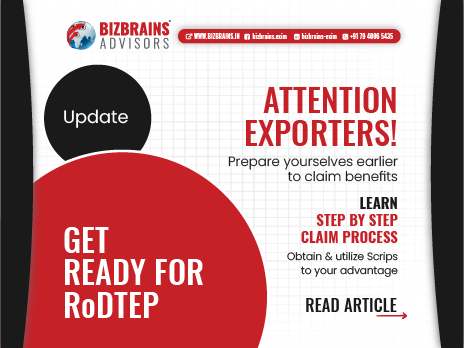
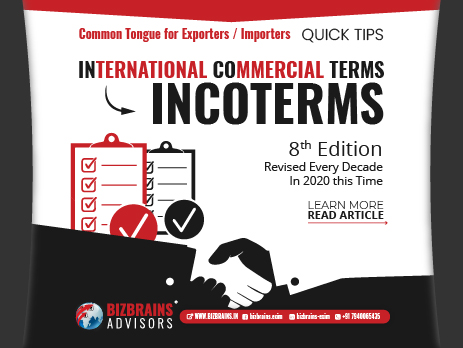
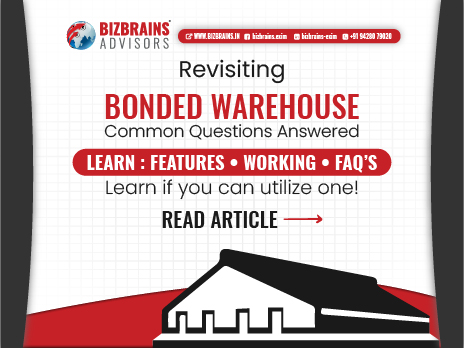
3 Responses
Hi,
It is very insightful article as usual. Thanks you.
Have fallowing question :
Do one has to quote reference about these FTA/PTAs through clearing agency separately to avail the benefits of duty or they are applied automatically when export/import happen? I mean do custom administration take cognizance of these on their own or need to be informed.
Yes, we need to inform the Clearing agents about availing such benefits & submit relevant documents like COO (Certificate of origin) to avail benefits thereunder.